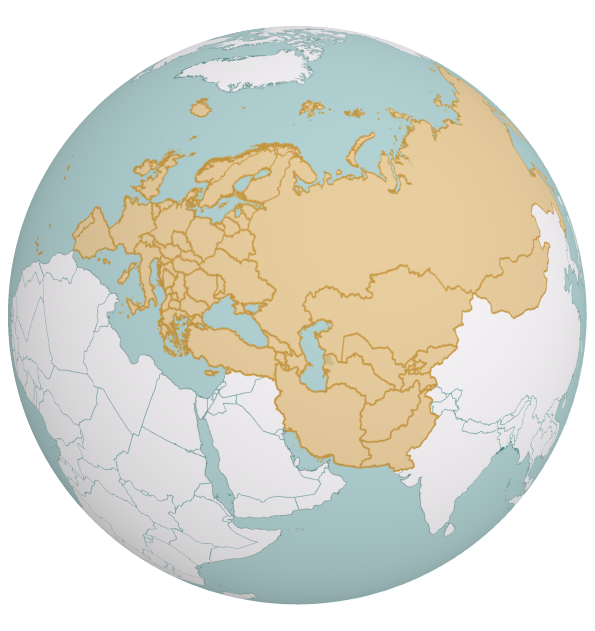The year 2023 begins in a particularly worrying way in a Eurasian space which has rarely been so divided and fragmented for decades, a sign of a profound recomposition of international balances. The violent and conflictual deepening of the pre-existing fault lines of the war in Ukraine and the war in Karabakh represents only the beginning of a change in the balance of power at the global level which is being played out in the nameless war that is supplies China and the United States and on which the entire Eurasian space depends. Curled up on their respective intransigence, the nations of this vast space with obvious geographical continuity and intertwined cultural heritages are still unable to find a third way. If it’s not for this century, let’s see how this year 2023 begins!!!
On the program this month:
1/ Within the European Union, will the Franco-German axis, weakened and trapped in a logic of blocks and war and subject to all kinds of blackmail, be able to claim a status of non-co-belligerency for a long time?
2/ Eastern Europe: the fracture line more torn than ever in Eastern Europe must draw our attention to the fragility of the Balkans…
3/ Russia, between intransigence vis-à-vis the territories conquered in Ukraine and the strengthening of illiberal alliances, is pushing for a gradual international extension of the anti-US conflictuality.
4 / South Caucasus – the rise of violence at the crossroads of Empires between the deployment of an EU mission within the framework of its CSDP against the background of the humanitarian crisis in Karabakh and the attack against the Azerbaijani embassy in Iran: a situation to watch closely…
5/ Central Asia: will the pursuit of multi-vector policies make it possible to escape the current redrawing of international zones of influence?
6/ The tightening of ties between Iran – Syria – Russia and the worsening of the humanitarian situation in Afghanistan
7 / China: Deterioration of relations with Japan and diversification of international partnerships with its neighbours, Europe and Africa.
Within the European Union, will the Franco-German axis, weakened and trapped in a logic of blocks and war and subject to all blackmail, be able to claim a status of non-co-belligerency for a long time?
– With Sweden taking over the presidency of the European Union on 1st January and for a period of 6 months,
Vous devez souscrire à un abonnement EurasiaPeace pour avoir accès au contenu - Prendre votre abonnement








